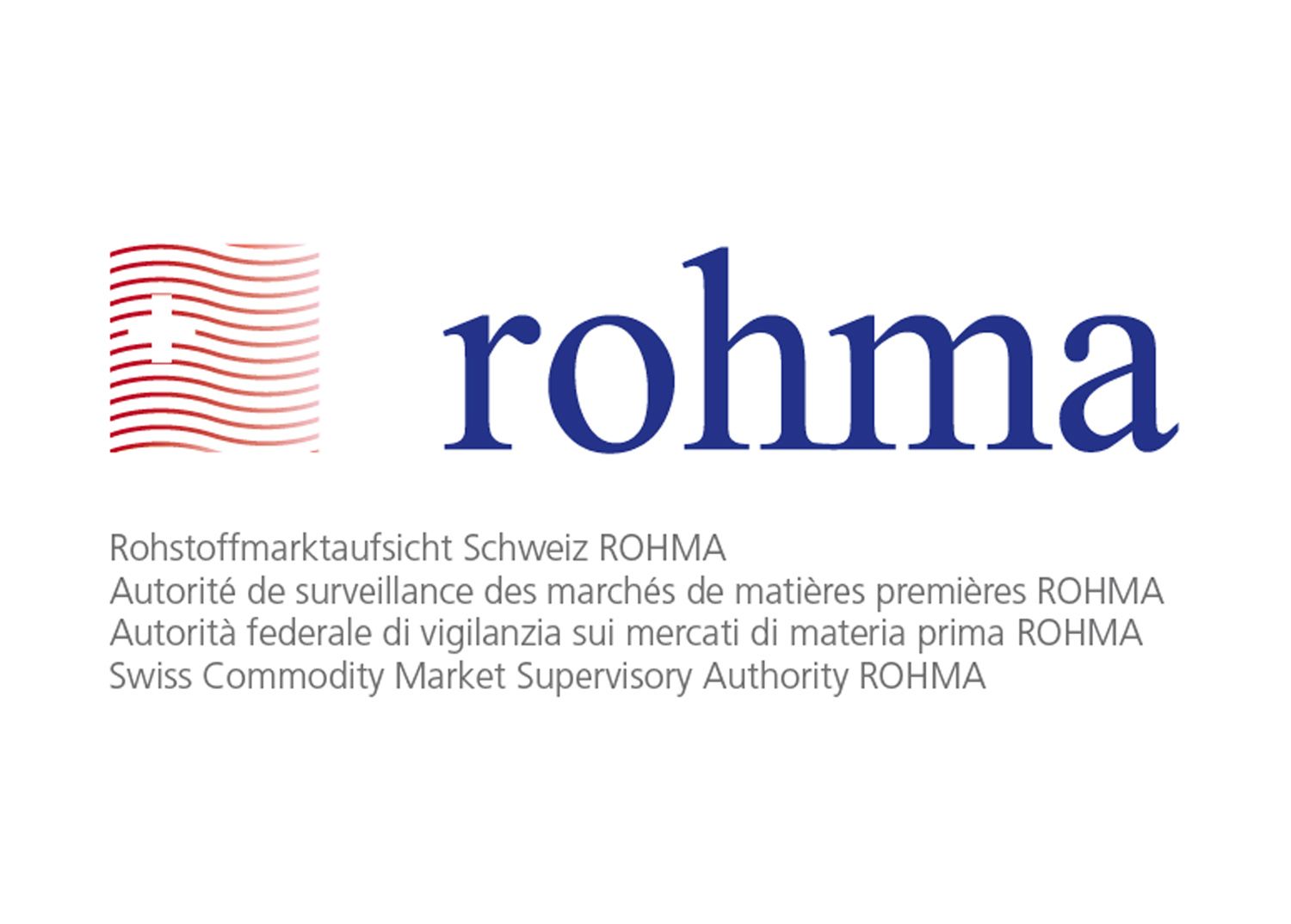ROHMA – Switzerland’s commodities supervisory authority

Despite its economic significance and high-risk business model, Switzerland has only been discussed as a hub for commodities over the past ten years. Public Eye’s book on commodities, published in autumn 2011, was a decisive step in this process.
Following the publication of the book, 27 parliamentary initiatives were submitted before the end of 2012, many explicitly referencing Switzerland as a hub for commodities. For example, the Federal Council was presented with a postulate requiring it to produce a report on the Swiss commodities sector.
In March 2012, the Federal Council tasked three departments (of foreign affairs, finance and of economics) with producing a baseline report on commodities. In the report, published a year later, the government confirmed the existence of the resource curse, corruption, money laundering, environmental damage and the violation of human rights as key problems which generate negative domestic and international headlines involving Swiss commodities trading, mining and oil companies.
Even the Federal Council recognised the resource curse as a problem: in its June 2014 transparency report, it wrote that commodities are often acquired in countries with poorly functioning state structures. Against this background, the extraction and trading of commodities regularly presents a risk that payments made to the government in question – whether in the form of taxes, transaction fees or other significant payments – are siphoned off through mismanagement, corruption and tax evasion, or are misused to fund conflict. As a result, the population rarely benefits from their country’s wealth of natural resources and remain impoverished. This is known as the resource curse.
Despite these findings, the report fails to make meaningful recommendations on how to minimise the widely acknowledged risks associated with this sector for both resource-rich developing countries and Switzerland. The same goes for three subsequent reports drafted by the Federal Council in 2014, 2015 and 2016, another baseline report from 2018 as well as two subsequent reports in 2021 and 2023.
An additional risk came in the wake of the Russian invasion of Ukraine in February 2022 and the Federal Council’s sanctions against trade with Russian coal, oil and gold. Swiss sanctions enforcement in the commodities sector relies mainly on self-regulation of the involved companies. Multiple reports, however, give rise to suspicion that some companies use loopholes to circumvent sanctions. Therefore, the self-regulatory approach is criticized both in Switzerland and abroad.
The solution: oversight and regulation akin to that provided by FINMA
The Federal Council abides by the assertion that generally speaking, Switzerland does not conduct economic policy directed specifically at individual sectors. And yet there is a notable exception to that rule: the Swiss financial supervisory body FINMA provides consistent oversight and predictable regulation. Moreover, the financial sector is regulated by its own legislation.
Public Eye put forward a concrete proposal for comprehensive regulation of the commodities sector ten years ago suggesting a Swiss supervisory authority for the commodities sector (ROHMA). As an independent body, ROHMA would be able to make a significant contribution to mitigating the problems of the resource curse and mobilising resources to promote development and combat poverty in resource-rich developing countries by supervising and regulating extractives companies and commodities traders as well as gold refineries.
In a referendum in 2020, the Responsible Business Initiative was rejected despite a popular majority (a majority of cantons rejected it). The initiative and its popular support have shown that a majority of Swiss citizens is ready for responsible business conduct. Currently, the EU is discussing a comprehensive corporate responsibility legislation, which also comprises the commodities sector. To keep up, Switzerland needs to introduce a supervisory authority for its high-risk commodity traders.
In Spring 2023, a legal opinion written on behalf of Public Eye concluded that the existing self-regulation does not adequately address the risks of the commodities sector. Therefore, an additional legal framework with a supervisory authority to enforce it is needed, the legal opinion further suggested.
Effective measures against the resource curse
ROHMA would require companies to conduct comprehensive due diligence:
- Due diligence checks on the entire supply chain: these prevent trade in illegal or illegitimate commodities, in commodities that have been acquired by violating human rights or flouting environmental standards, or that fund conflicts or criminal organisations.
- Due diligence checks on business partners: these prevent banned business with political exposed persons, who line their own pockets at the expense of the population.
.
 ©
Public Eye
©
Public Eye
A supervisory authority would also make companies meet their transparency requirements for contracts and payments, respect international sanctions and refrain from aggressive tax avoidance measures. After obtaining a licence from ROHMA, the authority would ensure that commodities traders continue to fulfil their obligations under the licence as well as all legislative and regulatory requirements. Finally, having pioneered the important initiative ROHMA, Switzerland would be able to work at the international level to encourage other commodities hubs to take comparable measures against the resource curse.
Further information
- www.rohma.ch
- Magazine Special issue (in German or French): Swiss commodities supervisory authority ROHMA (2014)
- Report: With a commodities supervisory authority against regulatory havens. (How Switzerland is connected to the resource curse and the political responsibility it bears in this regard.) (2014)
- Legal opinion on ROHMA by Prof. Katia Villard (University of Geneva) (2023, in French)
- Executive summary of the legal opinion on ROHMA (2023, in German)


